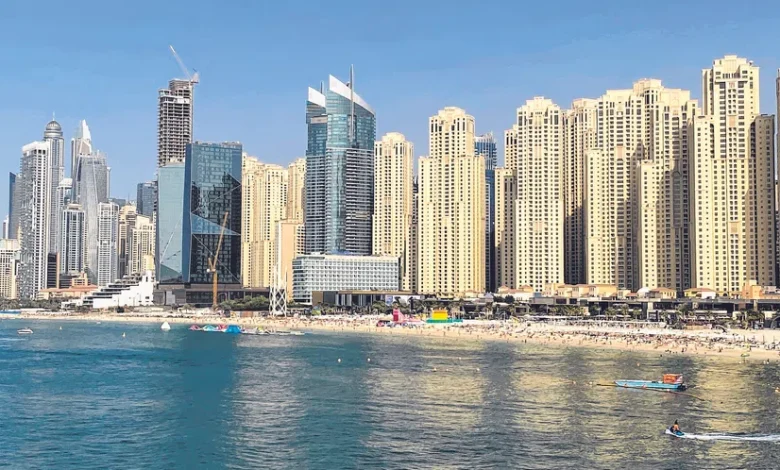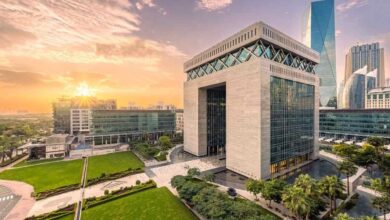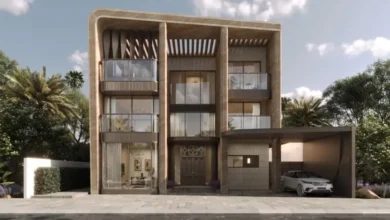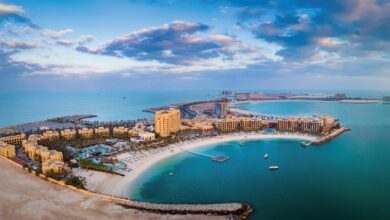
- Increased diversification in the types of real estate investments, including residential, commercial, and mixed-use properties, contributes to market stability.
Dubai real estate’s resilience may signal end of boom-bust cycle
DUBAI’S red-hot real estate market is defying predictions of a slowdown, in a sign that the Middle Eastern business hub might be breaking free from its boom-and-bust cycles.
“Prices are continuing to rise and the transient nature of Dubai seems to be well and truly over,” Taimur Khan, the head of research at global property advisory firm CBRE Group, said. “Whether new or long-standing residents, most are buying for occupancy now and as a result we’re seeing prices remain resilient.”
Many analysts had anticipated the surge in property prices and rents – that had made Dubai one of the hottest property markets globally – to moderate or even drop by early 2024. Those predictions haven’t materialised despite continuing tensions from the Israel-Hamas war, rising cost of living and the city’s fading appeal for wealthy Russians.
Instead, home values have risen for 15 consecutive quarters and are up 20 per cent for the year ending May, according to Cushman & Wakefield Core. Rents have climbed for 13 straight quarters, although at a slightly slower clip than the previous year.
“Demand is coming from everywhere even though the Russian buyers have declined in the market,” said Prathyusha Gurrapu, the head of research and advisory at the real estate consultancy firm. “Prices at most areas have now surpassed their 2014 peaks and are still growing as buyers keep coming from Europe, India and other South Asian countries,” she said.
Dubai had a record 274 billion dirhams (S$101.1 billion) worth of property changing hands in 2023, according to property consultant Knight Frank. In the first three months of this year, the city has already recorded 89.2 billion dirhams in transactions.





